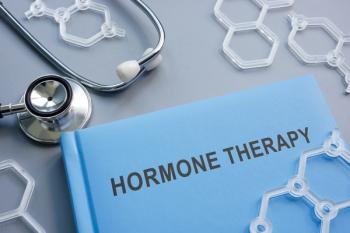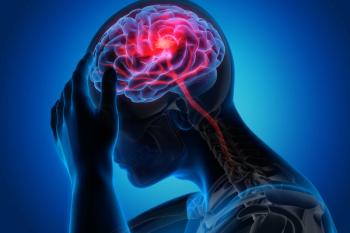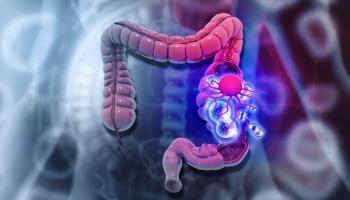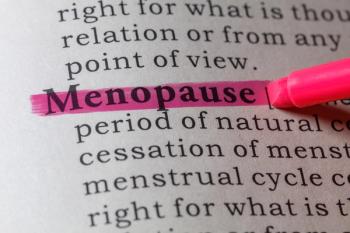
Menopause
Latest News
Latest Videos

CME Content
More News

New research shows oral HRT increases cardiovascular risks in women with type 2 diabetes, while transdermal HRT appears to be safer.

A national poll finds most women underestimate diet’s role in reducing menopause symptoms, despite evidence for plant-based diets with soy.

Review some of the top stories from the Contemporary OB/GYN website over the past week and catch up on anything you may have missed.

Experts urge a shift toward symptom-based menopause care, citing the high cost and limited clinical value of routine hormone panel testing.

Vaginal estrogen tablets were not associated with increased risk of recurrent ischemic stroke in postmenopausal women with prior stroke.

Epigenetic aging raises colorectal cancer risk in postmenopausal women, but higher fruit and vegetable intake may help offset this risk.

Study finds women 65+ experience sexual dysfunction at rates similar to midlife women but report less distress over sexual health concerns.

Increasing daily sit-to-stand transitions lowered diastolic blood pressure in postmenopausal women, offering a simple strategy to support heart health.

Data showed that fracture risk rises briefly after menopausal hormone therapy discontinuation, then falls below never-users.

"The FDA did not raise any concern regarding the general approvability of elinzanetant in its correspondence," according to an anouncement from Bayer.

Review some of the top stories from the Contemporary OB/GYN website over the past week and catch up on anything you may have missed.

The FDA has granted priority review to expand flibanserin (Addyi; Sprout Pharmaceuticals) use to postmenopausal women, potentially broadening access to treatment for hypoactive sexual desire disorder.

Experts urge the FDA to update outdated warnings on menopausal hormone therapies, emphasizing the safety and benefits of low-dose vaginal estrogen.

Nearly one-third of women with premature ovarian insufficiency experience depressive symptoms, according to a recent study.

Tirzepatide and menopause hormone therapy may significantly enhance weight loss and health outcomes in postmenopausal women.

A low-fat, soy-rich vegan diet significantly decreases severe hot flashes and supports healthy weight loss, according to new research.

A new study reveals that emotional symptoms such as anger and feeling out of control intensify before menstruation and become more severe during the menopause transition.

Women living in neighborhoods with very high social vulnerability are more likely to experience natural menopause at a younger age, according to new research.

In this Q&A, Karyn S. Eilber, MD, shares some of the biggest takeaways from the new AUA/SUFU/AUGS 2025 Guidelines on Genitourinary Syndrome of Menopause.

Review some of the top stories from the Contemporary OB/GYN website over the last week, and catch up on anything you may have missed.

Angie Lee, MD, FACOG, discusses how clinicians can bridge the gap in menopause care to ensure better outcomes for their patients.

Erin Keyser, MD, FACOG, breaks down the latest approaches to hormone therapy for menopause, emphasizing personalized care and shared decision-making.

Elizabeth Evans, MD, and Deslyn Hobson, MD, highlight how non-estrogen therapies such as ospemifene can effectively manage symptoms

Jill Liss, MD, shares details on her presentation on the physiology of menopause care and how clinicians can use evidence to improve patient care at the 2025 ACOG ACSM.

A meta-analysis presented at 2025 ACOG Annual Clinical & Scientific Meeting found that elinzanetant demonstrated a reduction in VMS frequency and intensity.

















